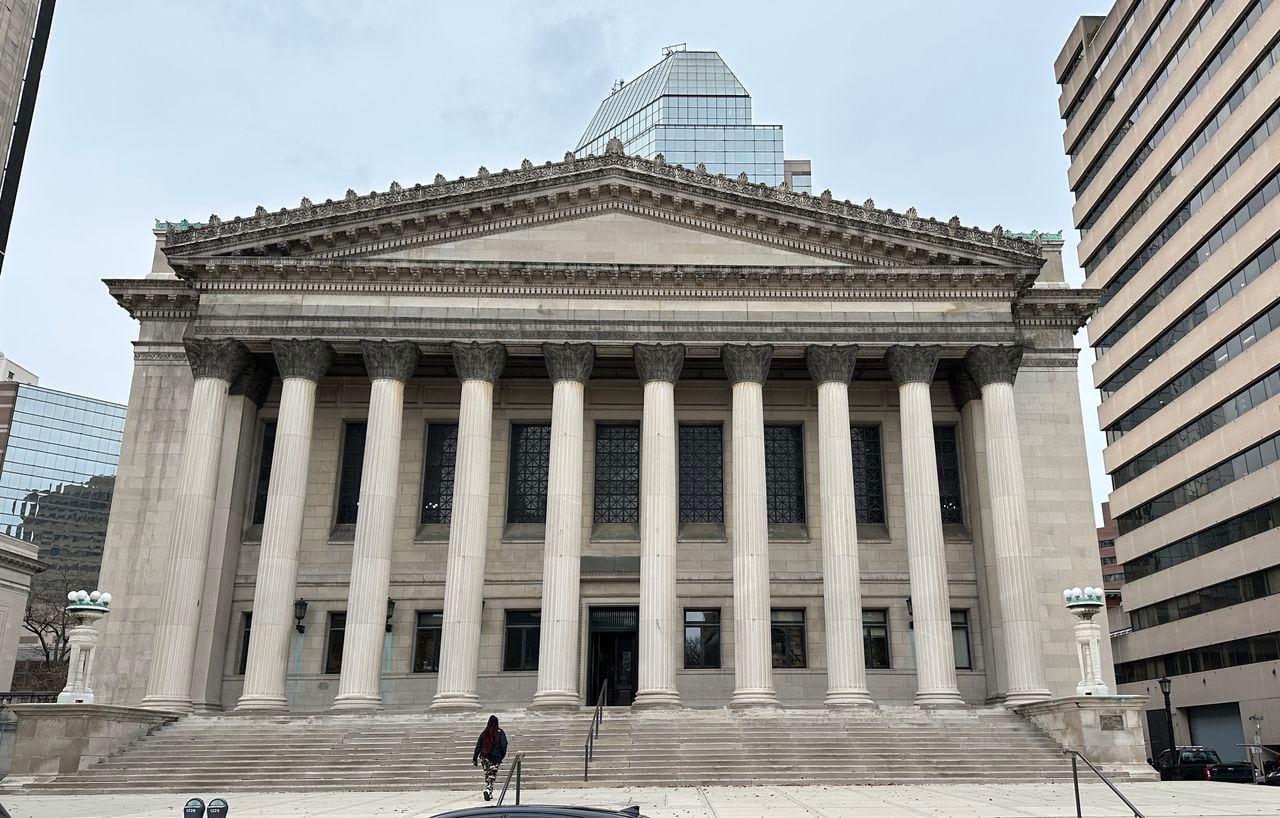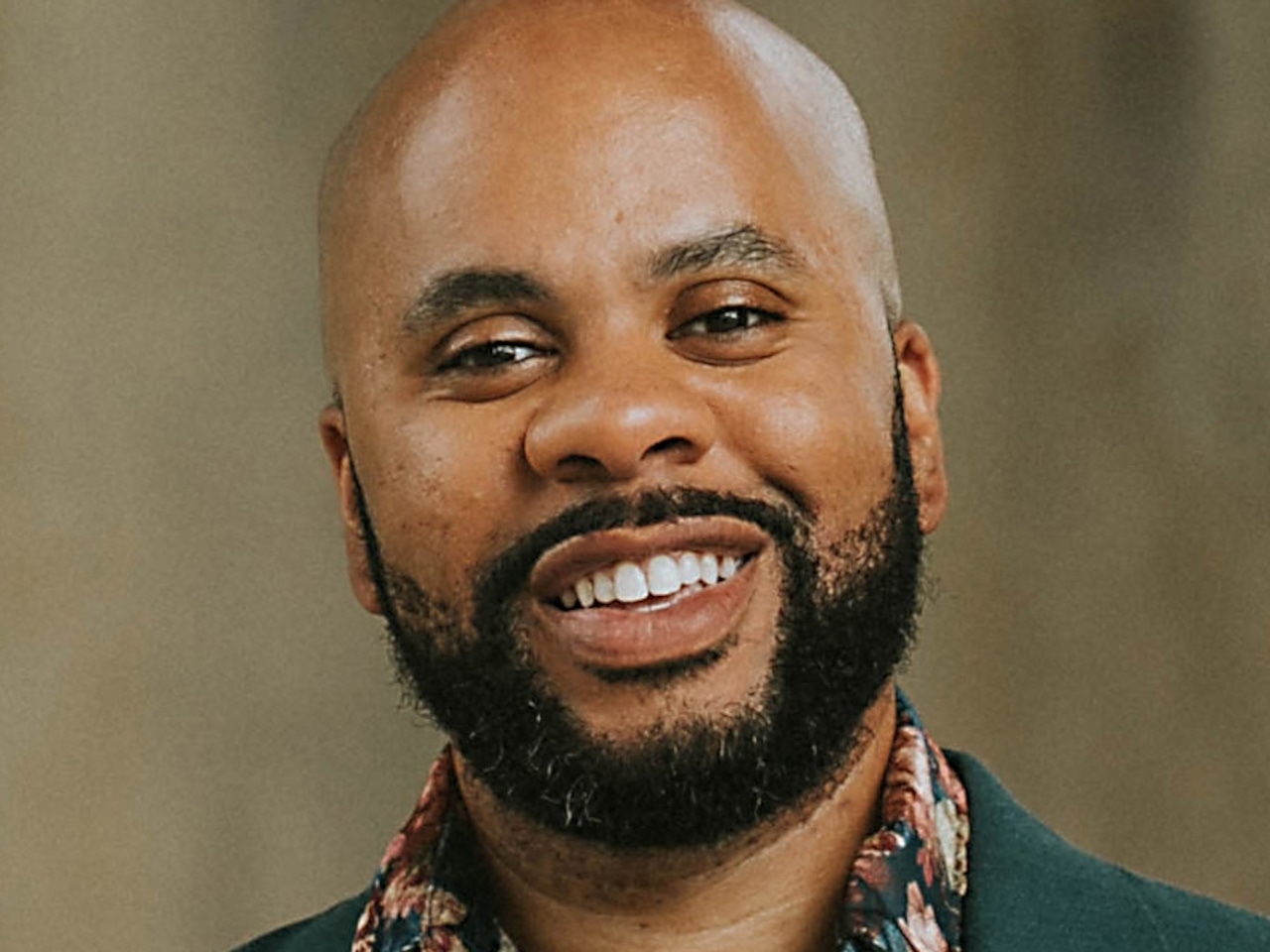
SPRINGFIELD — The city announced it has committed all $123.8 million it received in federal pandemic relief funds, closing out the final and most complicated piece of the project: Granting direct cash assistance to low-income households.
In total, the city awarded at least 8,679 households $1,400 apiece that they could use for any expense such as catching up on a missed utility bill, paying rent, lowering credit card debt or repairing a car, said William Baker, mayoral communications director.
“What we did was good,” Mayor Domenic J. Sarno said, adding Springfield is one of the few communities in the state that even attempted to provide direct household assistance.
But four days after the announcement, City Councilor Tracye Whitfield spoke publicly Thursday about the program, which she said was fraught with errors, unfair to people who needed the money the most and urged Sarno to reopen the program to reverse decisions to deny some of the applications.
She stood with a dozen people in City Council chambers, at least three of whom said they were denied grants, and said she has worked with hundreds more to help them navigate the system.
“When folks make mistakes, they need to be corrected,” she said. “We have to right these wrongs made to our constituents. They need this funding.”
In 2021 communities across the country received American Rescue Plan Act pandemic recovery funds, which were one-time infusions of cash. The money could be spent on a host of different things, including to help businesses and nonprofits and upgrade sewer systems. The spending decisions were given solely to mayors.
Over the last two years, money in Springfield was spread out to neighborhood councils, individual businesses, hospitals and to colleges.
The household assistance proved the most complicated. With 19,063 applications received by the Jan. 15, 2023, deadline, the city finally had to hire a private firm to sort through the reams of information to determine if applicants were eligible and figure out how to issue the awards, Baker said.
In the end, 10,384 applications were denied. The largest amount, 5,024, were incomplete, 4,089 were determined to be ineligible for a variety of different reasons and 1,271 were fraudulent, with some listing addresses that didn’t even exist, or duplicates since each household was eligible for $1,400 no matter how many people were living there, he said.
Originally Sarno said he set aside $3.5 million for household assistance but had to nearly quadruple it to $12 million when the applications started pouring in at a much higher rate than expected.
Those weren’t the only pandemic relief funds given to low-income residents. Early on in the crisis, Sarno said he also gave a $3 million grant to Wayfinders so it could help people pay rent and utility bills after they were laid off or saw hours reduced.
“We are proud of what we have been able to accomplish,” he said.
While Whitfield acknowledged that this was a first-time program and said the city’s financial department has done its best to help people, she argued it is not a program Sarno should be proud of.
There are people like Lemont Stevens, who was denied the grant although he earns $940 a month on Social Security.
At Whitfield’s press conference yesterday, he said he submitted a packet of information including proof of his income and food assistance benefits only to be told that they didn’t have the paperwork.
Stevens said he tried to submit the paperwork a second time but only got the runaround.
Pernese Morris said she initially was told her application was on hold because her license, which was needed to verify identity and address, had expired even though the application was submitted days before her birthday.
After some back-and-forth emails, she was told her application was approved but then on Dec. 13 she was told it was denied because she didn’t submit information about Social Security benefits.
“I don’t have Social Security. I wouldn’t have checked the box,” she said, adding she is still waiting to hear back from the city’s finance department.
Whitfield urged Sarno to “make it right” by moving other money which has been committed to different businesses and programs and giving help for people who need it most.
If he doesn’t, she pledged to write to the U.S. Department of Treasury and ask for an investigation and audit. She said she would also appeal to U.S. Rep. Richard Neal, D-Springfield, U.S. Sen. Elizabeth Warren, the FBI and others.






